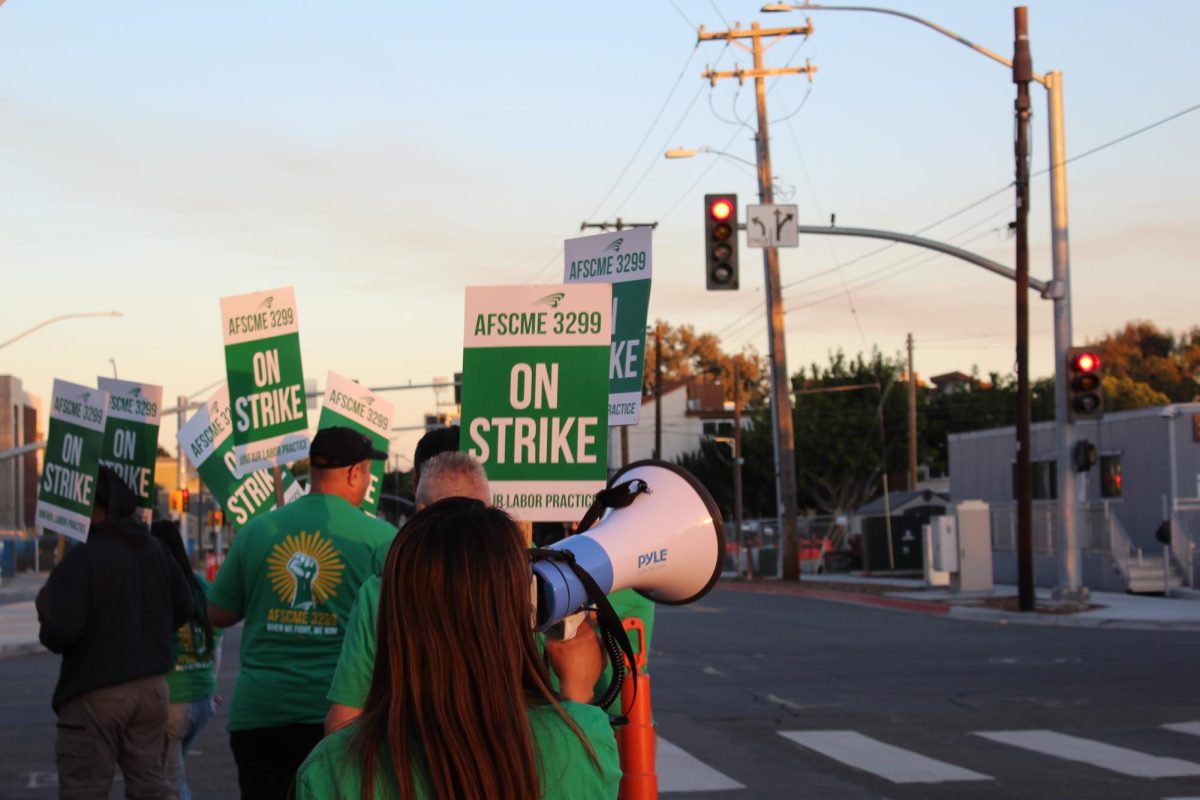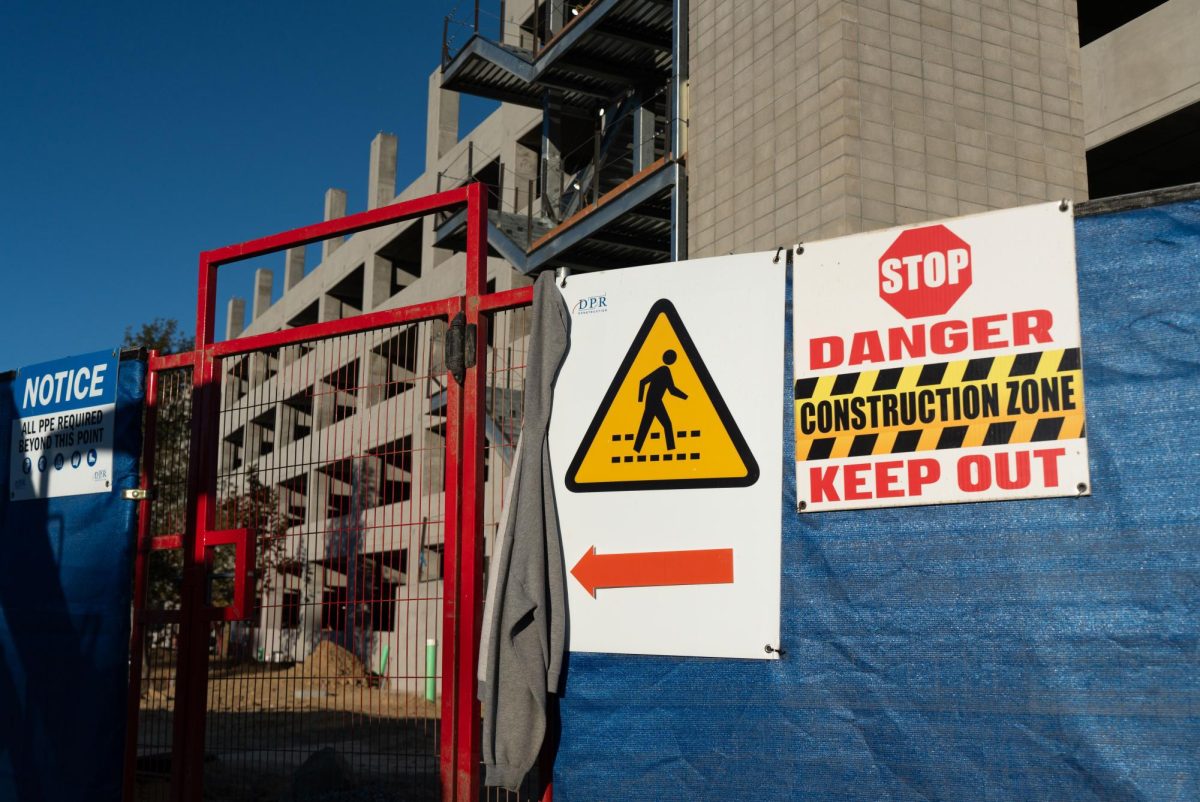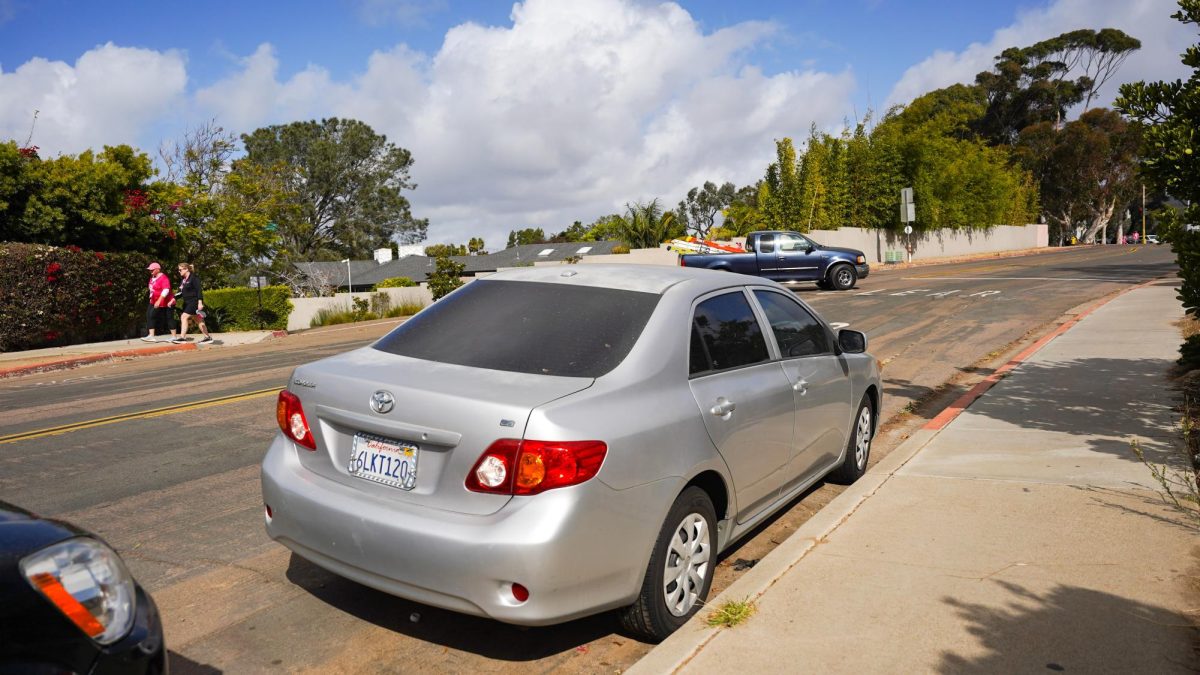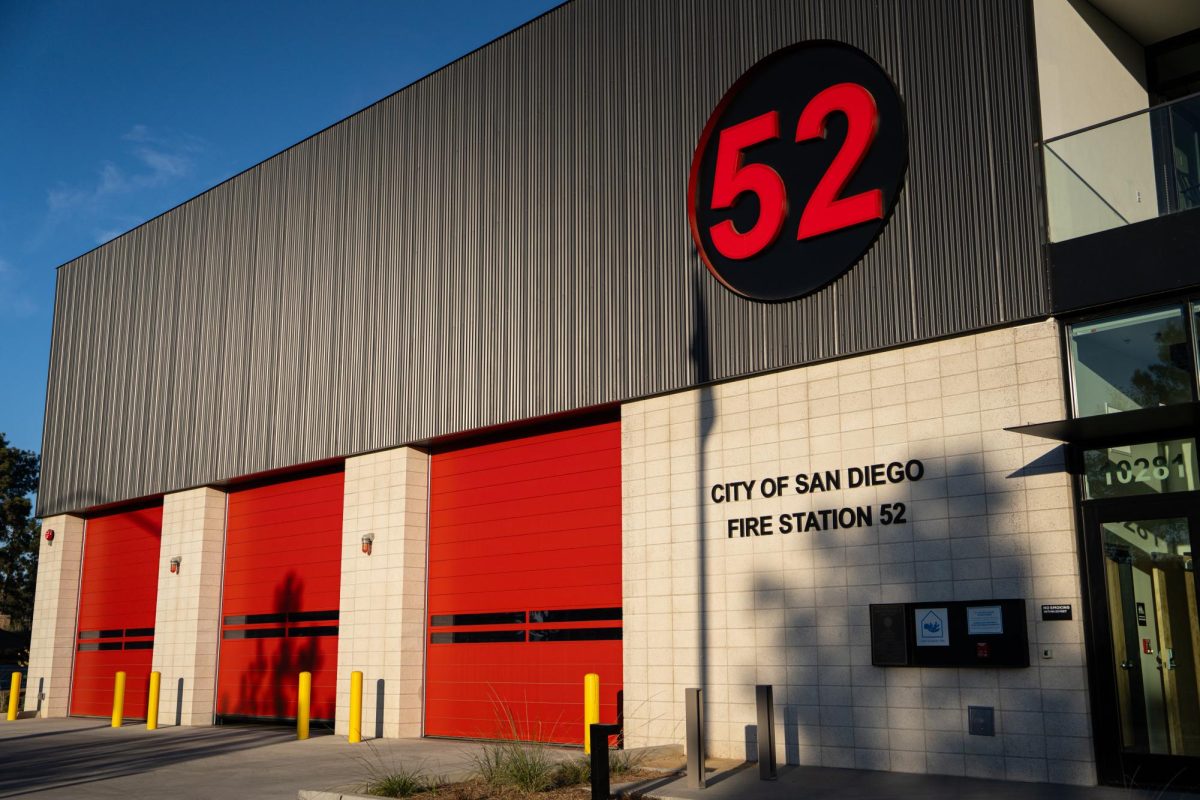The UCSD Faculty Club hosted a discussion on the legacy of Jonas Salk, inventor of the polio vaccine and founder of the Salk Institute, last Friday to commemorate the opening of the new exhibition featuring Salk’s personal documents at Geisel Library. Two of Salk’s three sons, Jonathan and Peter Salk, participated along with UCSD’s Associate Vice Chancellor of Public Programs Mary Walshok and the San Diego Union-Tribune’s science editor Gary Robbins.
The conversation, mediated by Robbins, touched on many facets of Salk’s life work and belief systems. Robbins began the talk with a scenario describing the deadly grip that polio once had on the American consciousness 75 years ago.
“If there had been an outbreak of polio in some communities, trains would actually not stop in those towns,” Robbins said. “People were so afraid of being infected … that people stopped hugging, shaking hands … [That fear] permeated American culture, and did so for a long, long time.”
Jonas Salk removed those fears in 1955 when he and his team announced their discovery of an effective polio vaccine.
The conversation quickly moved away from Salk’s well-known triumph against polio, focusing more on his unique philosophy and how those values were incorporated into the founding of his eponymous institute.
Peter Salk described his father as a “bio-philosopher” who attempted to transcribe his thoughts on paper through a series of books and dissertations.
“He wasn’t just a scientist in the sense of doing experiments … he was always thinking about the deep meaning of life, of existence and of the interactions of people,” Peter explained. “He would look to nature to give the indication as to how things function … how things move us.”
According to Peter Salk, his father attempted to instill those beliefs into a center of learning when he founded the Salk Institute, a task fraught with funding issues.
The March of Dimes foundation, originally dedicated to the eradication of polio, provided initial funding for Salk’s dream institution but quickly ran out of resources for the project.
“What he was talking about was gathering a group of people who would [not only] be highly skilled in science, but [also] be ‘broad’ people,” Peter Salk explained. “His anticipation was that as time went on, the institute would also be dealing with problems that arise from man’s relationship to man.”
Jonas Salk was eventually successful in acquiring a location after Roger Revelle, the founder of UCSD, offered Salk a plot of land that the San Diego city council had originally offered UCSD.
Walshok said that Salk’s success also came in part from his ability to rally others around his vision for the Salk Institute.
“He had that quality of making connections with people from all walks of life,” Walshok said. “Two-thirds of [San Diego’s] citizens voted [in 1959] to give the 27 acres to the Salk Institute. That is amazing.”
UCSD graduate student and Thurgood Marshall College alumnus Rishan Silva said he felt the hour-long discussion “barely scratched the surface” of Salk’s endeavors.
“I knew the name [and] I knew the Salk Institute,” Silva told the UCSD Guardian. “But it felt like a sentence from each chapter of his life. There’s definitely a lot more depth. I’m going to eventually read his biography because it’s in my head now.”
Salk’s papers will be on exhibition at Geisel Library until Dec. 12.






